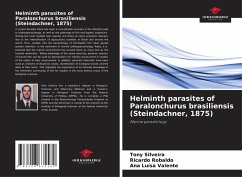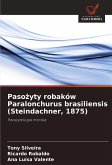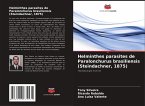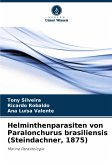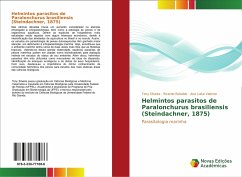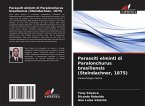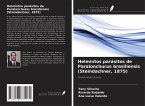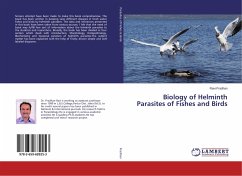In recent decades there has been a considerable increase in the attention paid to ichthyoparasitology, as well as the pathology of fish and aquatic organisms. Among the most studied host species are those of some economic interest, due to the intensification of aquaculture activities in Brazil and around the world. Thus, studies into the parasitology of freshwater fish have gained greater attention, to the detriment of marine ichthyoparasitology. Today, it is believed that the marine environment has around twice as many fish as the tropical rainforests. Taking advantage of this great diversity, parasitic species of marine fish can be used as bioindicators for indirect assessment in studies of the status of their environment. In addition, parasitic helminths have been used as markers of dispersal routes, identification of ecological stocks and the diets of their hosts. This highlights the importance of an intimate knowledge of the helminthic community of fish for studies in the most diverse areas of the biological sciences.
Bitte wählen Sie Ihr Anliegen aus.
Rechnungen
Retourenschein anfordern
Bestellstatus
Storno

